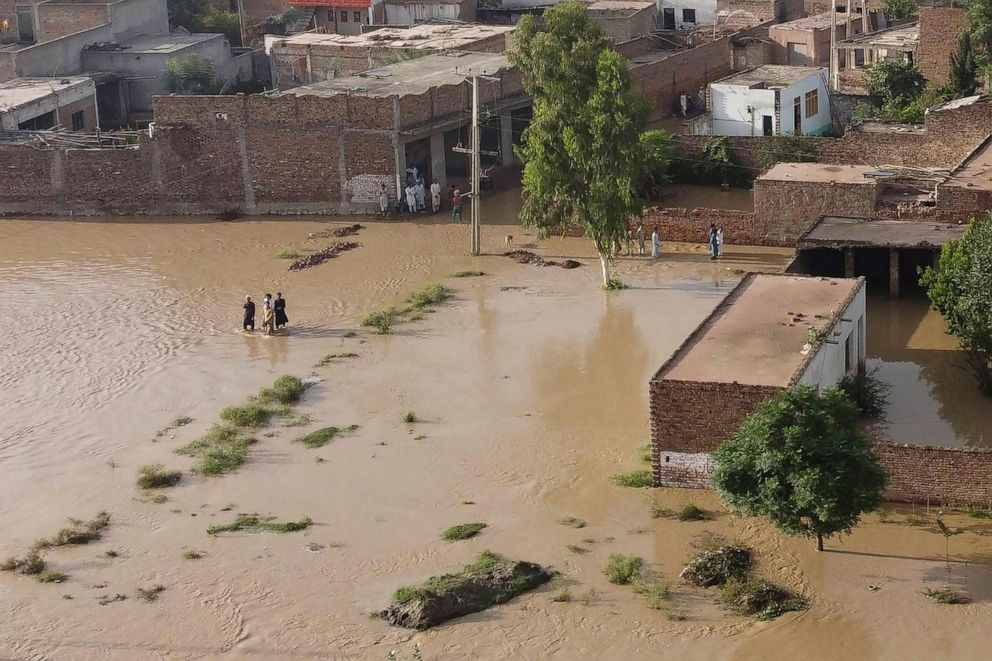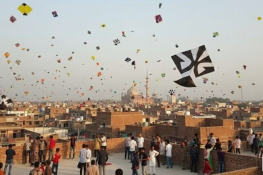Rising Death Toll Across the Country
Pakistan has witnessed another season of deadly monsoon rains, with floods and landslides claiming at least 799 lives between June and late August, according to official figures. For more monsoon flood updates claiming hundreds of lives, readers can follow the latest developments.
The National Disaster Management Authority (NDMA) reported that 1,080 people were injured, while thousands of homes and livelihoods have been swept away.
Children make up a significant share of the victims. Of the dead, 203 were minors, alongside 476 men and 119 women. Rescue operations have relocated over 106,000 people from flood-affected zones to safer locations.
Provinces Worst Affected
The northwestern province of Khyber Pakhtunkhwa (KP) has borne the heaviest losses, reporting 497 deaths. The province has also seen catastrophic infrastructure damage, with 493 kilometers of roads and 32 bridges destroyed. Officials estimate that reconstruction and rehabilitation will cost around 9 billion Pakistani rupees (approximately $32 million USD).
Other provinces have also suffered severe impacts:
-
Punjab: 165 deaths, 584 injured
-
Sindh: 55 deaths, 71 injured
-
Balochistan: 24 deaths, 5 injured
-
Gilgit-Baltistan: 45 deaths, 42 injured
-
Azad Jammu and Kashmir: 23 deaths, 28 injured
-
Islamabad Capital Territory: 8 deaths, 3 injured
The widespread destruction highlights the vulnerability of both urban and rural communities to seasonal floods.
Livelihoods and Livestock Destroyed
Beyond the human toll, the floods have caused immense damage to property and agriculture. At least 7,175 houses have been damaged or destroyed, leaving thousands of families displaced. Meanwhile, 5,552 livestock animals have perished, deepening the economic blow to rural households that depend heavily on cattle and goats for survival.
The loss of livestock is particularly devastating in Pakistan’s agrarian economy, where animals are not only a source of income but also a critical safety net for poor families.
Ongoing Rescue and Relief Efforts
The NDMA stated that rescue and relief operations are ongoing in the affected provinces. Emergency teams, supported by the military and local administrations, have been mobilized to provide food, shelter, and medical assistance. Citizens have been advised to take precautionary measures as heavy rainfall may continue in the coming weeks, with Pakistan on alert as heavy rains raise flood risk
Pakistan’s government has also issued warnings about possible glacial lake outburst floods (GLOFs) in northern areas, as rising temperatures linked to climate change accelerate glacier melt. Such events could worsen the already fragile situation in Gilgit-Baltistan and Chitral.
A Recurring National Crisis
Monsoon rains and flooding are a yearly crisis in Pakistan, which has limited resources to mitigate their impact. Climate experts warn that the intensity and frequency of such disasters are increasing due to global warming and poor urban planning.
The country experienced its worst floods in 2022, when one-third of its territory was submerged, killing over 1,700 people and displacing millions. The United Nations later described that disaster as one of the world’s most severe climate-induced tragedies in recent history.
While this year’s death toll is lower, the damage remains extensive. With thousands left homeless and infrastructure crippled, the burden on Pakistan’s disaster management system continues to grow.
Looking Ahead
Authorities stress the urgent need for long-term resilience measures such as improved drainage systems, flood-resistant housing, and investment in early warning technologies. Without such steps, Pakistan’s vulnerability will only worsen in the face of accelerating climate change.
For now, the focus remains on rescue, relief, and rehabilitation. Yet, for the families who have lost loved ones, homes, or livelihoods, recovery may take years.















